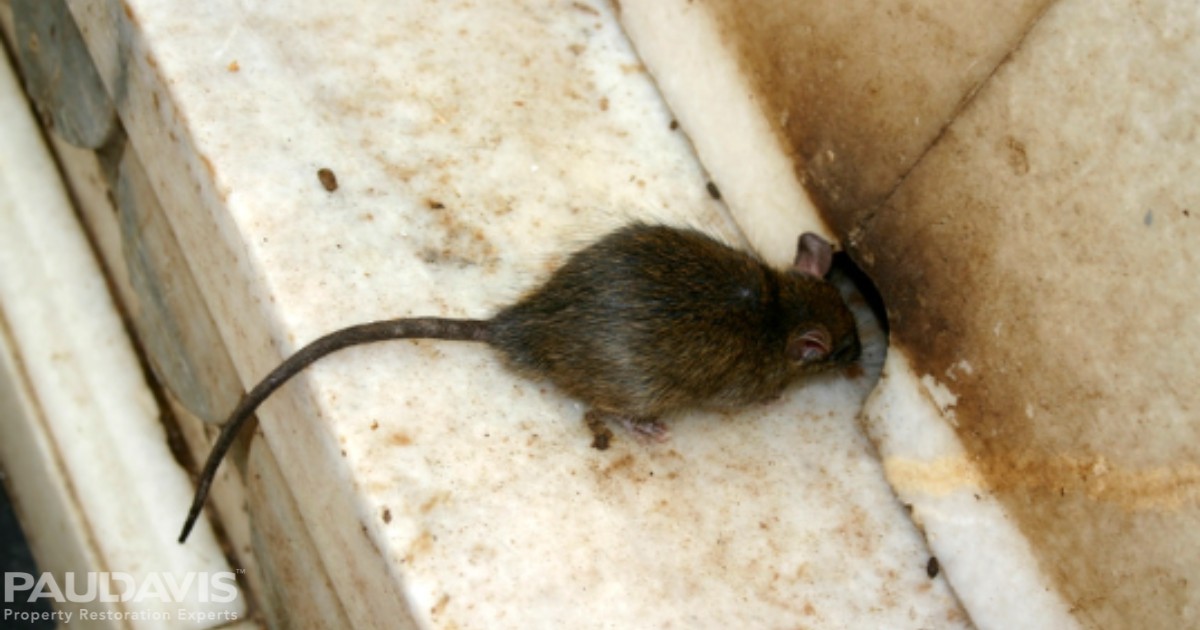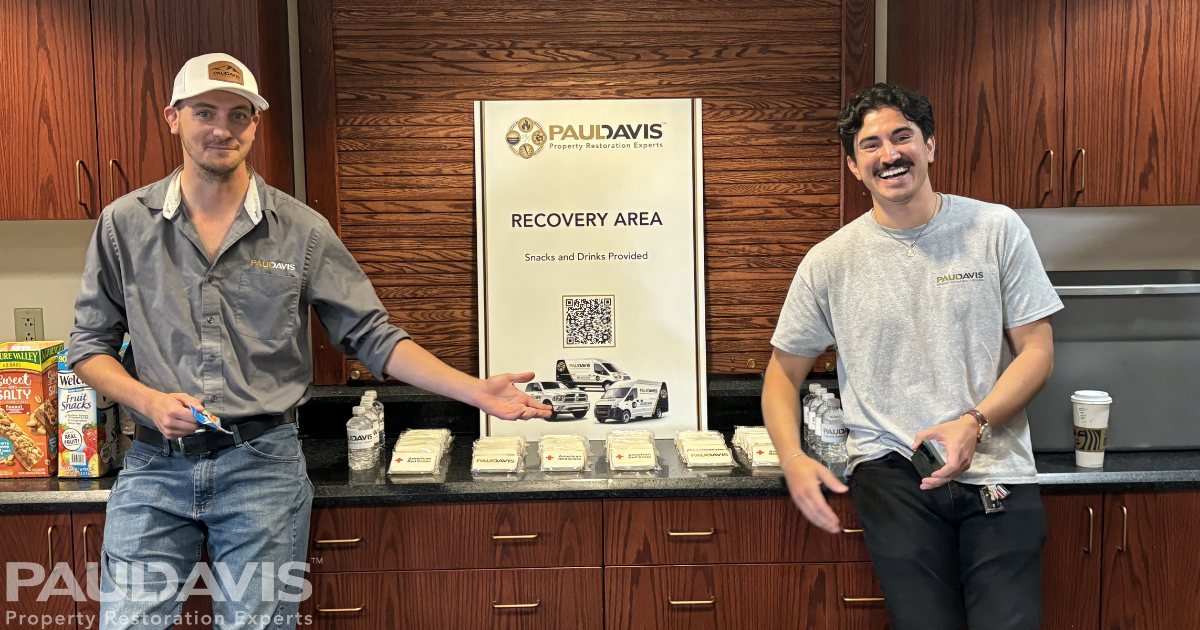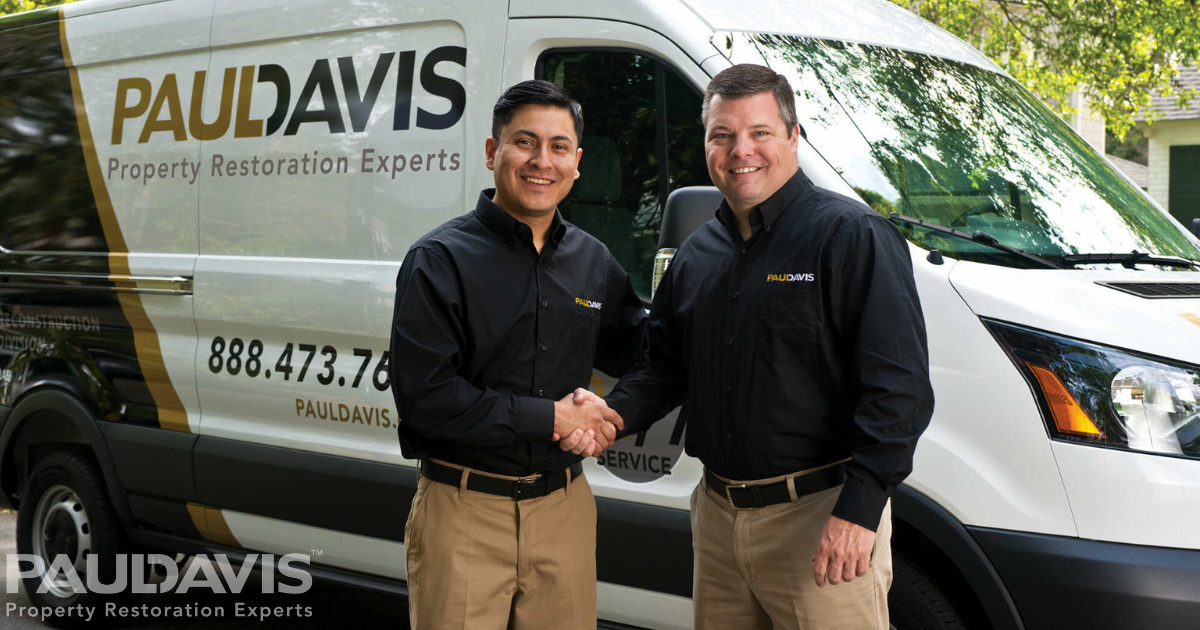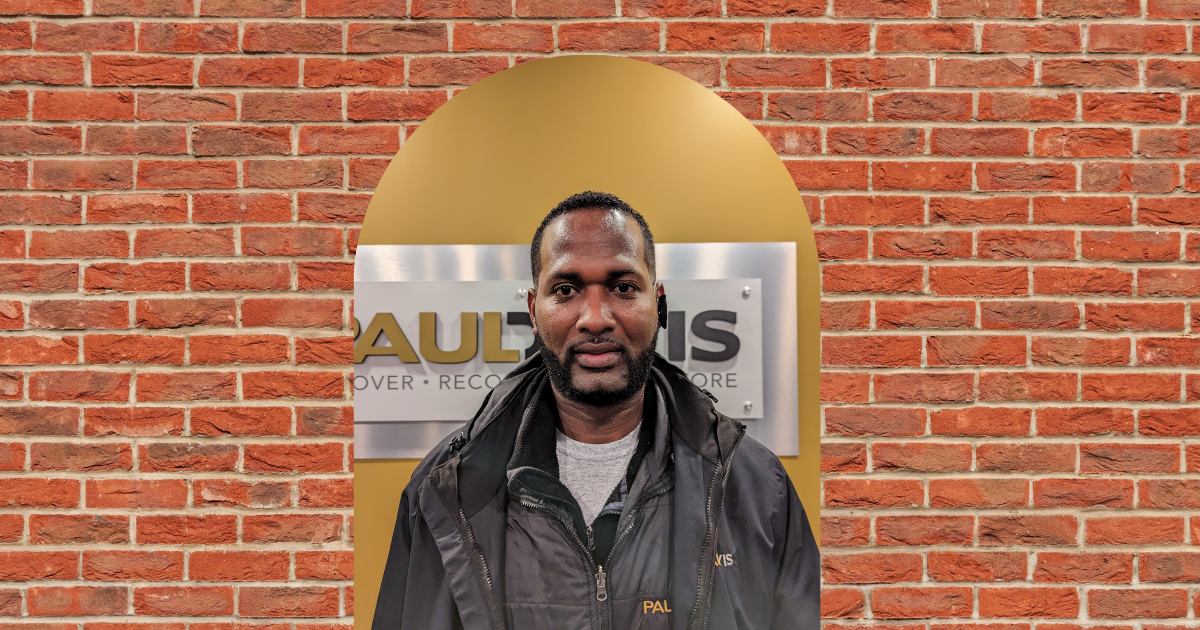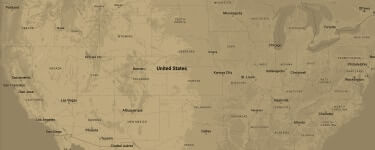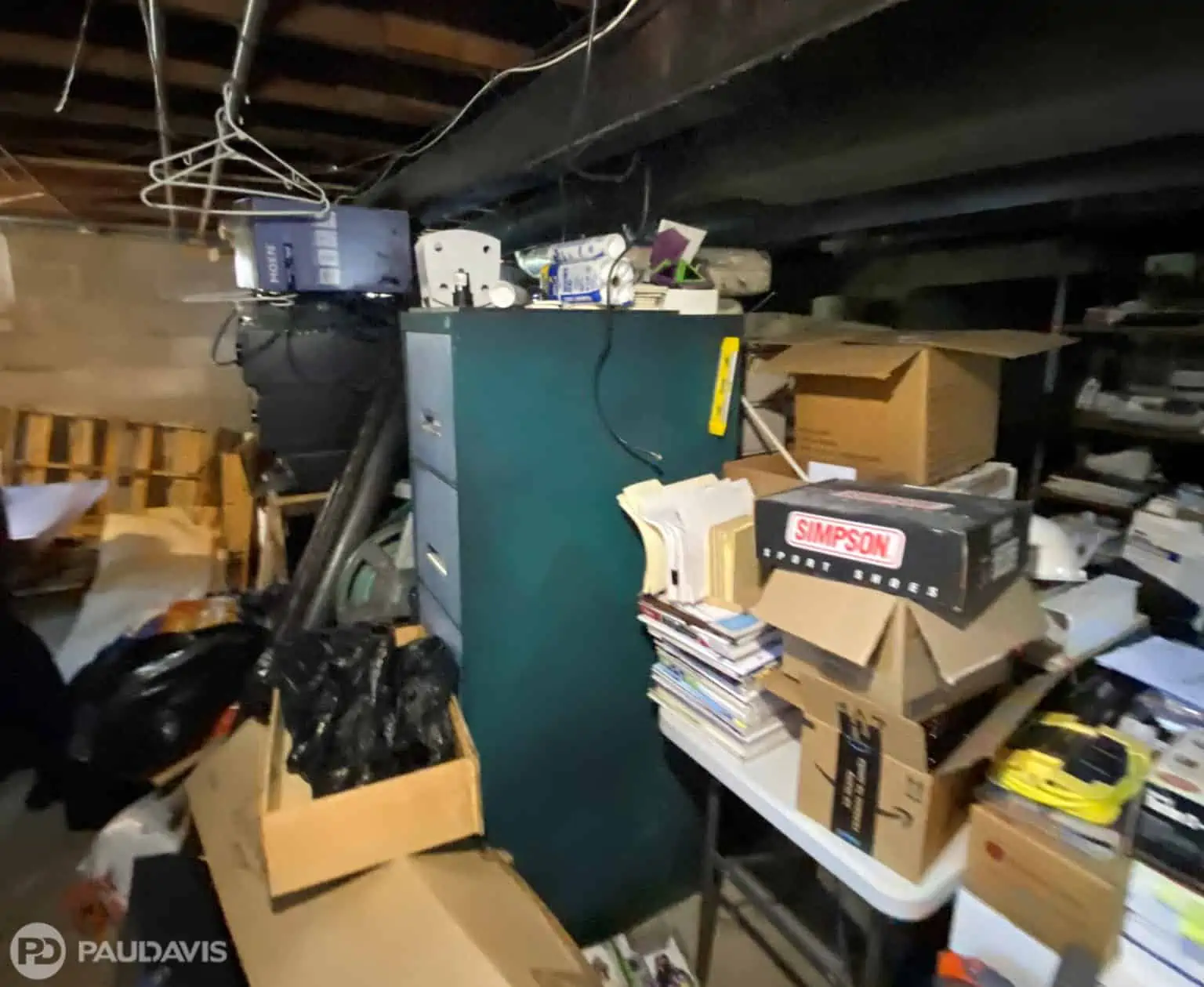
Stationed overseas with the military, Susan hadn’t visited her grandmother in five years. When she stepped into the older woman’s front parlor at long last, Susan couldn’t conceal her shock. The room overflowed with teetering boxes, dirty clothing and stacks of old newspapers piled nearly as high as the ceiling.
Smiling, her grandmother welcomed Susan warmly. She seemed as cheerful and talkative as she’d always been. But clearly, something had changed. This house wasn’t safe now. Susan didn’t know what to do next.
“Hoarding happens for different reasons,” explains Brady Chuckel, President of Paul Davis of Southeast Wisconsin. “Some people believe items will be useful in the future. Others form sentimental attachments to items. Still others believe something is unique or too big a bargain to throw away. Dementia or mental illness may contribute, too.”
Hoarded possessions harbor multiple risks. But before threats can be addressed, many hoarders need a therapist’s or social worker’s help and counseling. People with this complex disorder can’t simply discard accumulated items without distress. Once treatment and recovery are underway, Paul Davis can step in and restore the home.
Cleaning out a hoarder’s home is not a DIY task for several important reasons. Accumulated belongings often:
- Harbor vermin: Rats, mice, roaches, ants, mosquitos and other common household pests find cozy homes, hiding places and sustenance in overstuffed rooms. They can also carry life-threatening diseases like hantavirus, which can lead to lung and heart problems.
- Contain mold, noxious fumes or pathogens: Unclean items that have been undisturbed for long periods may breed germs, bacteria and viruses.
- Conceal physical safety threats: One hoarder saved broken dishes – booby-trapped with razor sharp edges – because he felt certain they could be fixed and reused.
- Topple: hoarded items are usually stacked haphazardly and piled high. They can shift unexpectedly and fall, injuring those nearby.
“Hoarding isn’t simply an eccentric habit that relatives shouldn’t worry about,” Chuckel concludes. “It’s a crisis that needs to be addressed. Sometimes local authorities can offer help, resources and counseling because it’s a hazard for the community and a threat to local property values, not just a difficulty for one family. Fortunately, Paul Davis can help with the cleanup.”

